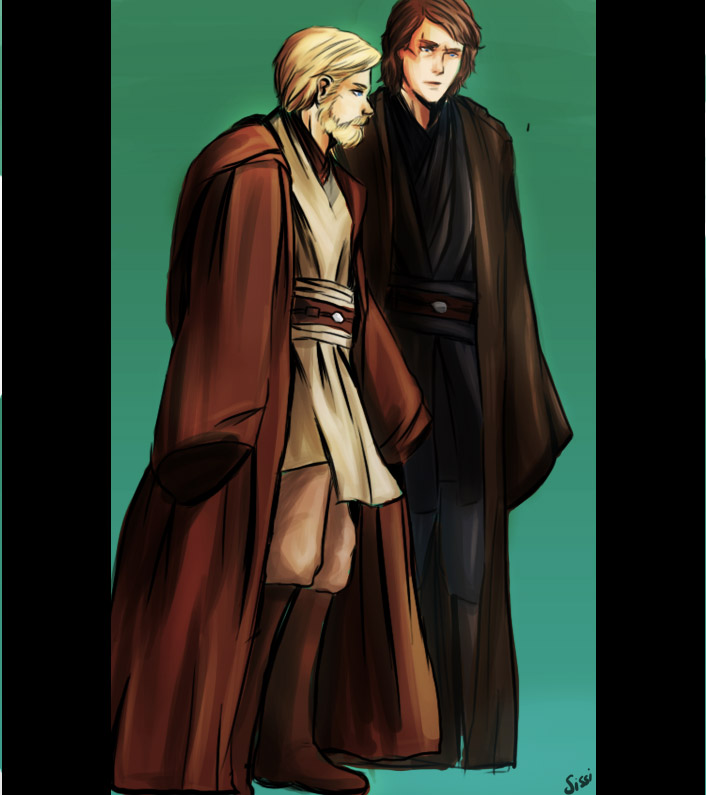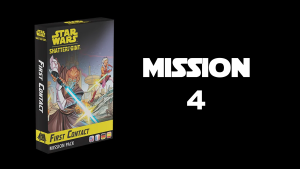This article will focus on how to get the most out of your games, regardless of what level you are playing at. The article will be Star Wars: Legion focused, since that is my primary jam, but this general concept could apply to any miniatures game.
General Rules
We’ll start with several concepts that apply to games of all levels of “sweatiness,” regardless of who your opponent is or what the setting is. These are rules I abide by whether I’m teaching a learning game (or learning one!) or competing in the try-hardiest tournament.
Don’t be a jerk
This rule is, without a doubt, the single most important one to follow, no matter your level of competition. You don’t have to be a gregarious back-slapper that high fives their opponent whenever they get a good roll, but you do need to be courteous and professional, and just generally not a douche. Miniatures gaming creates a lot of abstractions and relies upon an ongoing social contract, and you can quickly poison that relationship by being rude or mean.
Go in with a learning attitude
Every game has the potential to teach you something, even if you are teaching the game to a brand new player. I’ve had learning games where I’m teaching someone how to play and they’ve asked an insightful question that has made me think about something differently, or I realize something new through the effort of explaining something.
Have one or more objectives…and communicate them with your opponent
This could be as painfully simple as “have fun” (you’d be surprised how much more likely that is when you make it an explicit goal) or “win” (for a tournament game). The second part of this, letting your opponent know what that objective is and making sure you are on the same page, is just as important. If you show up to a local game night and match up against a new player who wants to learn the game when you’re trying to practice for a tournament, neither of you is likely to get what you want out of that game, and it probably won’t be a very good time, either. Broadly speaking, you and your opponent should both be playing the same type of game as defined by the four categories below.
Competitive vs. Casual Players
Before we jump into the different game “types,” I want to get one conversation out of the way that can get unnecessarily charged. Sometimes folks like to divide miniatures gamers into two mutually exclusive baskets, one that includes the fun “beer and pretzels” crowd that play in their basement and the other that is pure sweaty try-hards that do nothing but travel to tournaments and try to mercilessly stomp their opponents. Besides being based on generally inaccurate stereotypes, I find this needlessly binary for a variety of reasons. Miniatures gamers are a diverse bunch that exist on a much more granular sliding scale. Each individual may also enjoy different elements depending on the context; if there is such a thing as a “sweaty try-hard” it is probably me, but I’ve taught plenty of games to new players, played plenty of games purely for fun at my kitchen table, and done non-standard leagues at my local. Similarly, players that have previously only ever played in their garage may decide one day to show up to a local tournament and throw down with the slightly-sweatier-but-no-less-fun-crowd. For these reasons, I’m going to refer to the type of game you’re playing without making judgements about the player who is playing it.

Live footage of Kyle moments before deciding to become an Experimental Droid player this season
Game Types
I like to divide my games into four types depending on what I am looking to get out of them, in ascending levels of sweatiness: Learning/Teaching game, Casual game, Practice game, and Tournament game. We’ll go over what your objectives could be for each and then some individual considerations based on the game type.
Learning/Teaching Game
This is a game where at least one player is completely new to the game and is trying to learn the basics.
Objective
This one is pretty simple; the objective should be for one or more players to learn the game – and one or more players to teach the game to someone else. Note that this doesn’t have to just involve two players; some of the best learning games I’ve been a part of have been when there are two new players learning the game and one experienced player guiding them through it. I’ve also had situations where two new players play a game right next to two experienced players doing their own game and muddle through while peppering the experienced players with questions (make sure you have their mutual buy in for this, obviously).
Collaboration
A learning game is without question the most collaborative of game types, since you’re relying on the experience and knowledge of one player to impart said experience and knowledge on to another. The learning player should have at least made an attempt to read up on the rules in advance, hopefully, so they aren’t going in completely cold.
Both players should be extremely forgiving of mistakes and not be afraid to solicit or provide advice as they work through decision trees. Whether I’m learning a game or teaching it, I find it helpful to talk through all my decision making out loud; “if I do this, this other thing happens next, right?” or “I’m going to move here and do this because it allows me to do this other thing.” Both players should feel comfortable taking back moves or even resetting a previous game state if it provides a useful learning moment.
Lists
This is a sticky subject, because it can be shorthand for how “serious” each player is taking a game and can affect each player’s experience. I don’t like to judge players for taking “meta” lists to locals (hate the game balance, not the player), but you should know the context you’re bringing such a list into and know that it will potentially affect both of your play experiences.
For a learning game, I like to bring something that isn’t complex but has enough elements to be interesting. If your opponent is brand new to the game and potentially even to miniatures games in general, I would go ahead and use whatever pre-built lists exist for a learning scenario without fear of how much it’s going to impact your experience. If the learning player is an experienced war-gamer I would aim to make something using the “standard” format rules and maybe even ask them if they want any input or if they want to play as/against something specific. Often in a learning game the teaching player(s) are going to be providing all of the miniatures and associated game components, but I know some players still like some input to tailor their experience even when learning a new game and bringing none of the physical pieces to the table.
Casual Game
This is a game where both players have at least a basic understanding of the game, and it exists outside of a tournament setting, and the players aren’t clearly practicing for such a setting.
Objectives
I hate to make this the “have fun” objective, because that should be an objective for you for all four of these game types, but that’s the clearest and simplest thing you can always get out of a game even if you don’t have any other clear goals.
Other goals for a casual game could be to try something crazy you’d never put on the table in a more serious setting or to try some non-standard format that you haven’t played before. You could also have objectives that have nothing to do with the plastic on the table such as “making friends” (again, that should be one for all of these).
Collaboration
Though the level of collaboration here is clearly lower than in a learning game, it should definitely still be high. You shouldn’t feel the need to explain every decision to your opponent (and use good judgement when giving unsolicited advice), but you should still be forgiving of mistakes and ambiguities in measurement or placement. Don’t be afraid to just roll a die if you have any disagreements rather than dwelling on them.
Lists
When I’m showing up to a casual game I generally like to play something crazy that I would never otherwise mess around with in a more serious setting. Maybe you have a faction or list that’s been on the shelf for awhile, or you want to try some weird concept you haven’t tried before. If you’re going to be bringing a more “meta” list to a casual game, you might be bleeding more into practice territory.
I’m not trying to demonize “that guy” here that brings a sweaty list to a local game night (again, hate the balance, not the player) but that guy should know that they might not get what they’re looking for out of their game if they’re doing that while not explicitly playing a practice game.
Practice Game

This is a game where both players are explicitly practicing for tournament play.
Objectives
Broadly speaking your objective here should be “to improve as much as possible.” You might have a more narrow objective to tack on to that; for example, maybe you want to work on a specific list that you think is good, or you want to see how that list matches up into something else. You also might want to work on a particularly weak area of your game or practice some scenario/objective that you don’t play often enough. Practice games work best when both players are at a similar skill level; skill gaps tend to lead to bad data and both players thinking something is stronger or weaker than it actually is. Iron sharpens iron and all that.
Even moreso than the other game types, with practice games it is absolutely critical that you and your opponent are clear with each other about what your specific goals are, because a practice game is really just a supercharged version of a teaching game where both players have an obligation to the other to make sure they’re helping their opponent get what they want out of the game. A player that thinks only about their own goals and not about how they can help their opponent meet theirs does not make for a very good practice partner.
Collaboration
There are two approaches I’ve seen players use here, and I’m going to talk about them both. There are merits to each, and players should discuss which they’re using in advance so expectations are clear.
Maximum Data
This is the approach where the players are looking to maximize their practice time as much as possible and normalize outcomes for swingy rolls or bad decisions to create a state that is closest to “if dice were average and both players were making reasonably good decisions, here is what would happen.” If you are using this approach, you should be extremely forgiving of mistakes, let your opponent do all their missed triggers, and don’t be afraid to walk stuff back or even talk through possible outcomes in the middle of the game. I’ve even occasionally reset the game state after an unusually swingy roll to make sure some crazy luck swing doesn’t effect your data.
Hot Stove
Proponents of the “hot stove” approach contest that the “maximum data” approach builds bad habits that carry over into a tournament setting, where your opponent may not let you take mulligans or do your missed triggers. Basically, this approach asserts that failure is the best teacher and your mistakes should stick so you don’t make them twice. Personally I think this approach is better if you have time to get in a lot of practice reps, while I would favor the “maximum data” approach in a situation where you might only have time to get in a handful of games with a particular setup before your tournament.
Lists
This should be a setting where you aren’t at all afraid to bring a “meta” list; you’re practicing for a tournament, after all. You might just want to check with your opponent to see if they want to face something specific or if you want to do a particular matchup.
Tournament Game
This is a game at a tournament. I lump local tournaments in here with convention/travel tournaments; a tournament is a tournament, after all.
Objective
I don’t want to just immediately jump on this as “win,” because one of the most important things going into a tournament is to set expectations, and maybe that isn’t realistic for you. That’s a totally defensible objective, however, especially on a per game basis. Just make sure this doesn’t turn into “win at all costs,” because even in the most serious of settings this is still ultimately a game with little plastic painted miniatures where you have to interact with other people, and there is no excuse not to at least be courteous and professional.
Other objectives I usually set for myself in a tournament game are “learn something” (I learn the most from tournament games) and “make a friend.” Going to tournaments is without question one of the best ways to connect with your fellow gamers and one of my favorite things about travel tournaments in particular is meeting people outside my local area.
Collaboration
This is the most serious level here, but it is still unquestionably one that requires some degree of collaboration. Communication is key, as miniatures games have many abstractions; make sure when you are measuring/moving you clearly state your intent to your opponent and get their acknowledgment when doing things like measuring ranges and declaring attacks.
Tournament games are where mistakes and missed triggers become a sticky subject. You should never rewind anything or roll anything back without the involvement of a judge (and only if you reach some kind of impossible or incorrect game state). Personally, I typically let my opponent perform a missed trigger if doing so wouldn’t have affected the game state or either player’s decision making process up to that point, but I understand if you’re not into that, and you shouldn’t hold it against your opponent if they don’t let you go back and do a trigger you missed.
If there is ever some kind of rules dispute or ambiguous call, don’t argue with your opponent, just call a judge. They’re at a tournament by definition and they exist exactly for this sort of thing. This shouldn’t be a cause for hesitation or awkwardness.
Other considerations
There are a couple additional things you should keep in mind when trying to get the most out of your games in a tournament setting.
Know the rules
This should go without saying, but if you’re going into a tournament you are going to likely be playing with strangers in a time limited setting and you need to have at least a basic understanding of the rules.
That goes hand in hand with:
Play fast
There is nothing more frustrating than playing against someone who is playing too slow. I’m not saying you need to be going warp speed, but you need to have a mutual understanding that both players are going to work to get a complete result, which means finishing the game on time.
Be organized
Have your stuff in an easily transportable case or tray of some kind with all your game components accessible so you aren’t excessively digging around during setup or losing components during your games. You are going to be moving from one table to another (again, in a time limited setting) and you need to be able to make that happen without undue fuss.
Summary
When playing a miniatures game, make sure both you and your opponent know what sort of game you’re playing, and make sure you’re both playing the same type of game! Set goals for what you want to get out of each game. View each game as a chance to improve, no matter the level of competition. Above all, remember that miniatures games are inherently social and you have to interact with another human for a couple hours at a time; be courteous and professional, and maybe look to make a friend. Most of all, have fun. It’s a game, after all.
Featured image by Stewjon on DeviantArt.





